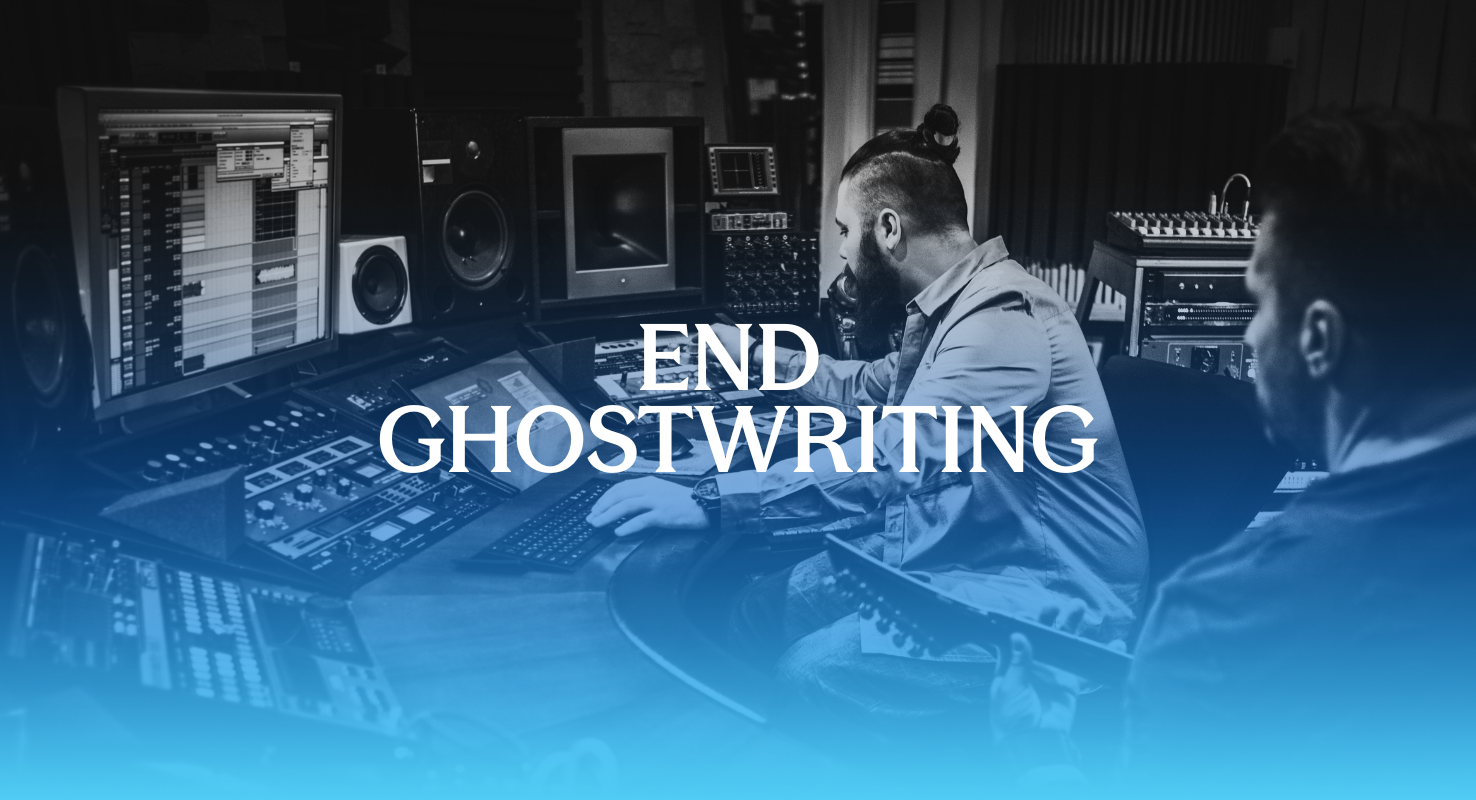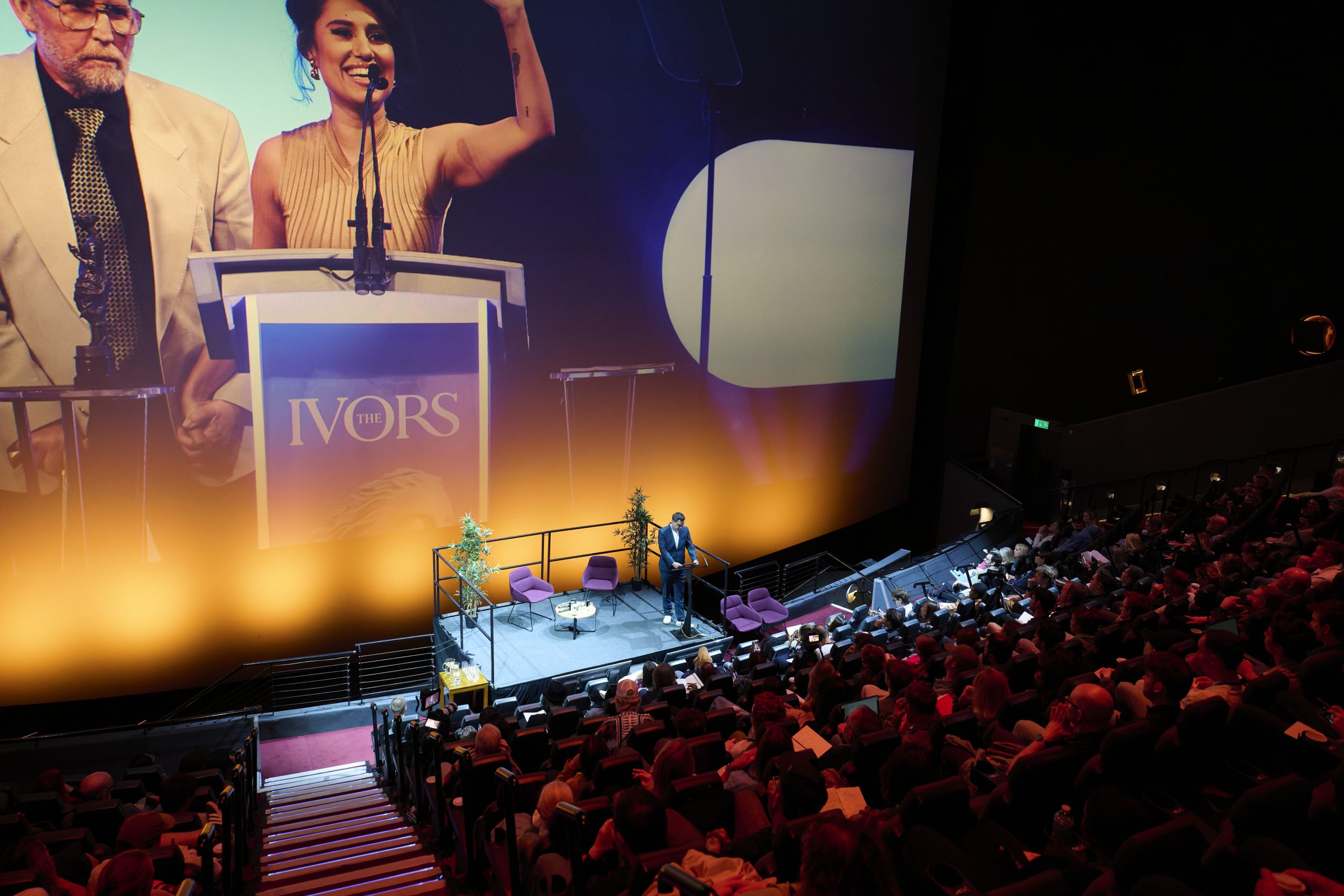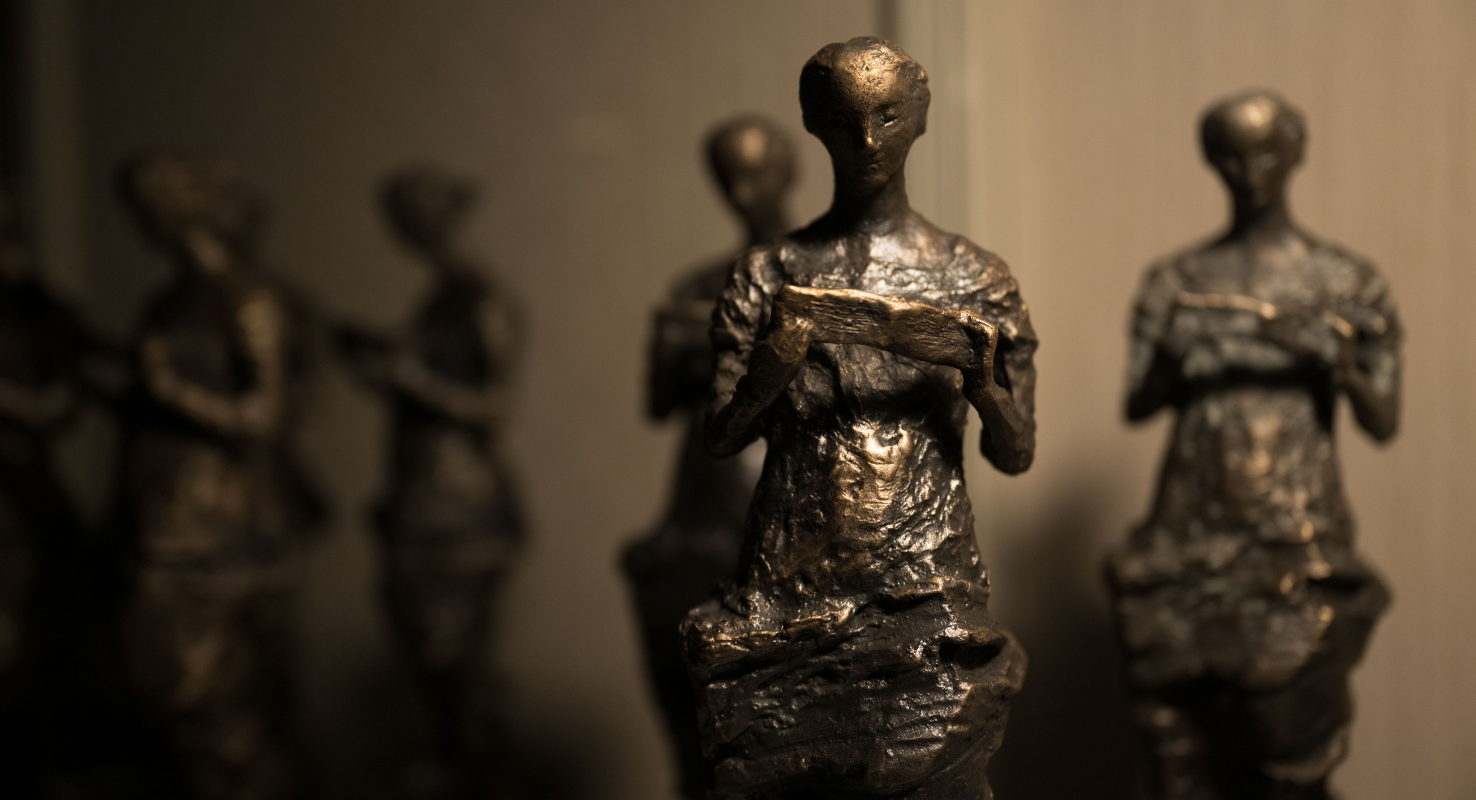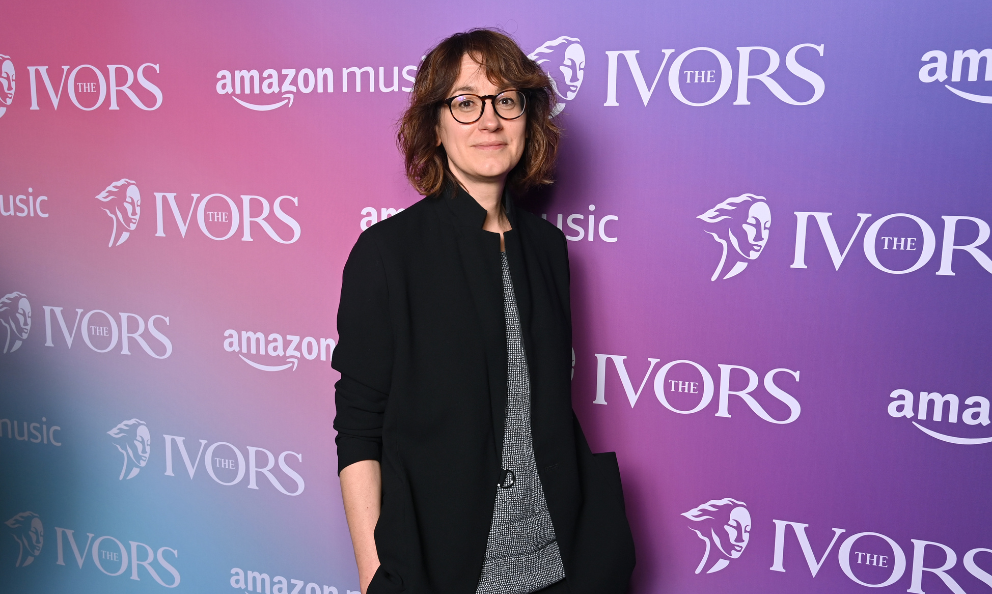Ask anyone who’s ever won an Ivor Novello what makes the award so meaningful, and chances are they’ll talk about how special it is to be recognised by a jury of their peers.
But how much do people actually know about a process that has honoured the greatest songwriters and composers of the last 69 years?
Well, Ivors Academy Director of Awards Fran Matthews has been working on The Ivors for 15 years and knows the procedure inside-out.
“It’s really quite unique to have a group of people come together who have no vested interests and who get no payback for the time that they give,” she says. “The judges just want to encourage, acknowledge and celebrate something extraordinary.”
The Ivors’ call for entries usually attracts around 300 entries across the song categories, plus 100-odd albums and 50-100 entries in the specialist film, TV and video game music classifications.
Each award is allocated a panel of seven volunteer judges, selected across a broad range of genres, experiences and backgrounds, but all with high-level experience of the category they’re judging. Over four-to-six weeks, they review all eligible entries in isolation before voting for their favourites.
“People make the initial decision themselves,” says Matthews. “But it’s incredible how much cohesion there often is; out of 150 albums, there’s always a certain number where everyone has gone, ‘That just blew me away’.”
That leaves around 15 entries to be considered in the final Zoom judging sessions, which can ignite considerable passion. Matthews – who acts as facilitator but has no decision-making powers – notes what a privilege it is to “listen to songwriters talk about the craft, skill and originality that they see” in the submissions.
“It isn’t something to be taken lightly,” agrees legendary singer-songwriter Joan Armatrading. “Winning an award is, in effect, validation from your peers. It says, ‘I admire what you have achieved’.”
The weight of The Ivors’ history means every entry receives the attention it deserves, with composer Simon Franglen recalling “vigorous discussions of the 60 scores, arguing their merits with passion for the quality of the music” during his “eye-opening” time on the panel; while Alt-J’s Joe Newman confesses to finding the prospect of judging “daunting at first”.
“The Ivors award excellence in music and songwriting so to panel on this year's crop was an honour,” Newman adds. “And to do it alongside my contemporaries was a real joy.”
Matthews recalls one judge running 90 minutes late for an arena headline show sound check because they were so absorbed in the process, but it’s clear the prestige of The Ivors means it’s worth going the extra mile (even if you have to take a motorbike taxi to get there).
“It's so important, especially in the creative industries, to have peer-judged awards,” declares recent judge Joy Crookes. “The Ivors feels like a space where music is safeguarded from commodification which, in this current landscape, feels vital.”
And that’s why an Ivor Novello Award means so much – to organisers, judges, nominees and winners alike.




